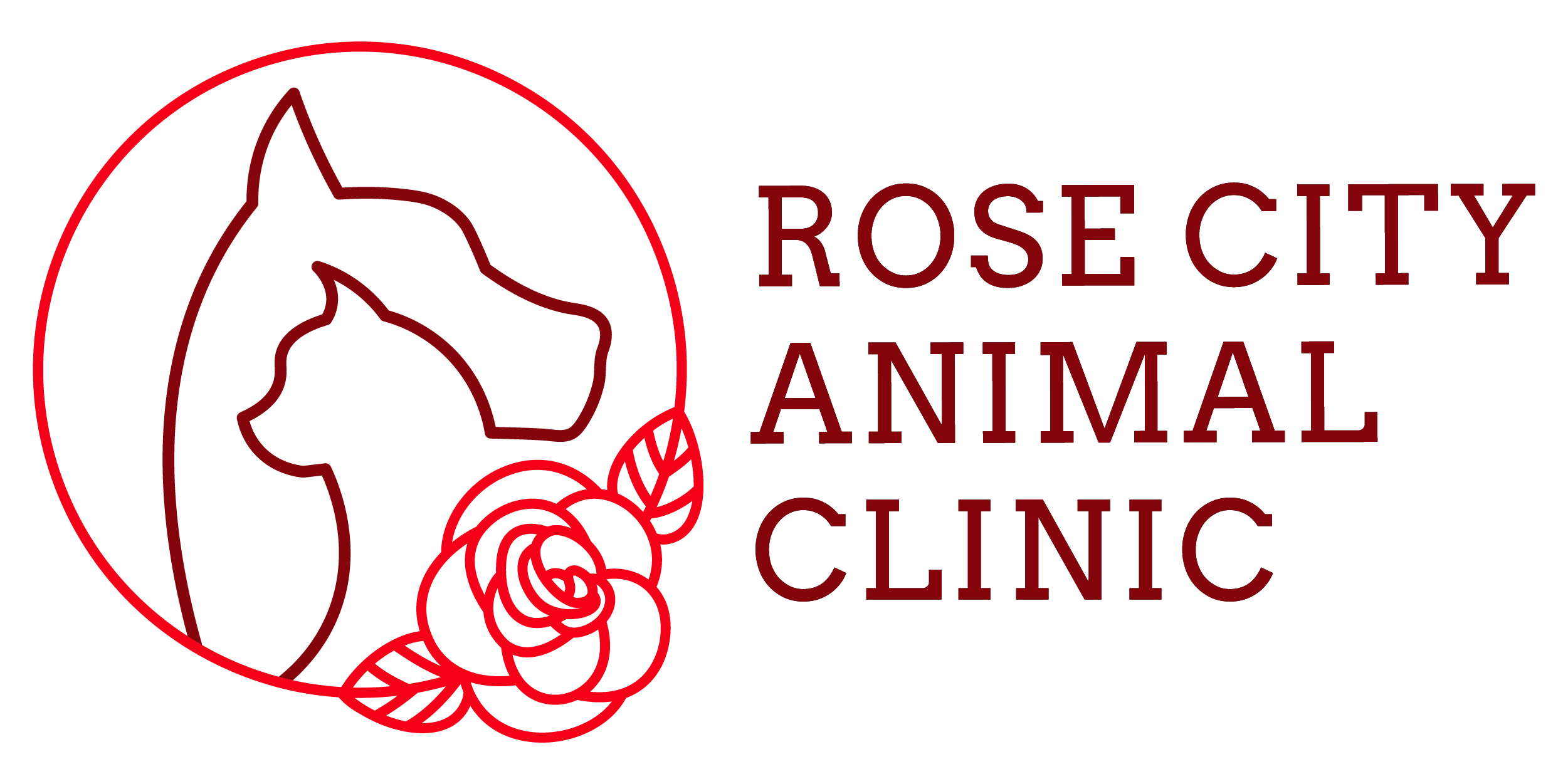Spaying and neutering pets can increase your pet’s lifespan and help them reduce the risk of certain diseases! In this blog we’ll highlight everything you need to know about spaying your pet and why it can benefit their health.
Why You Should Consider Spaying Your Pet
Spaying and neutering your pet might seem like a pretty routine procedure. But most pet owners don’t realize the benefits that come with this procedure. For example, spaying your pets helps them live longer! Plus, your female pet is less likely to experience infections, such as uterine infections.
When your pet is spayed, their chance of experiencing reproductive cancer is greatly eliminated. It’s one procedure that can ease your mind of some health issues that your pet might be more prone to experiencing.
When Should I Spay My Pet?
In general, young pets are more likely to go through the spaying procedure. But the best time for your pet to be spayed might be different! Each pet varies, so don’t be surprised if it’s not the same for every pet you have. We typically like to spay before their first heat cycle.
The best thing to do is reach out to us! We can evaluate your pet and help you understand when the best time might be for your pet to have their procedure.
What is the Procedure Like?
If together, we determine that spaying your furry friend is the right thing to do, just know that this is considered a routine procedure and that they are fully monitored throughout the entire process.
Your furry friend will be placed under anesthesia so that they can take a nice nap without any awareness of the procedure. Our veterinarians are highly skilled surgeons and we have state of the art surgery suites with the best equipment and tools. At Rose City Animal Clinic, we have a hospital vet tech lead that will stay with your pet the entire time to ensure they have a smooth transition and wake up as calmly and comfortably as they can and are not alone until you are there to pick them up.
Upon pick up, your vet will give you information on how to help your pet have a smooth recovery and anything to look out for. Most pets are back to feeling like themselves in just a few days! Even though they are feeling better, we do recommend limited activity for two weeks to ensure the incision heals well.
If you are considering this procedure for your pet, give us a call! Doing an evaluation of your furry friend will give us the best idea of the time and stage of their life when it’s best for them to have their procedure done.




